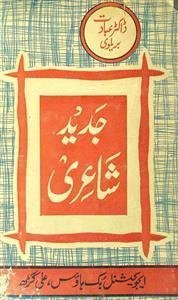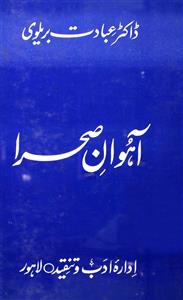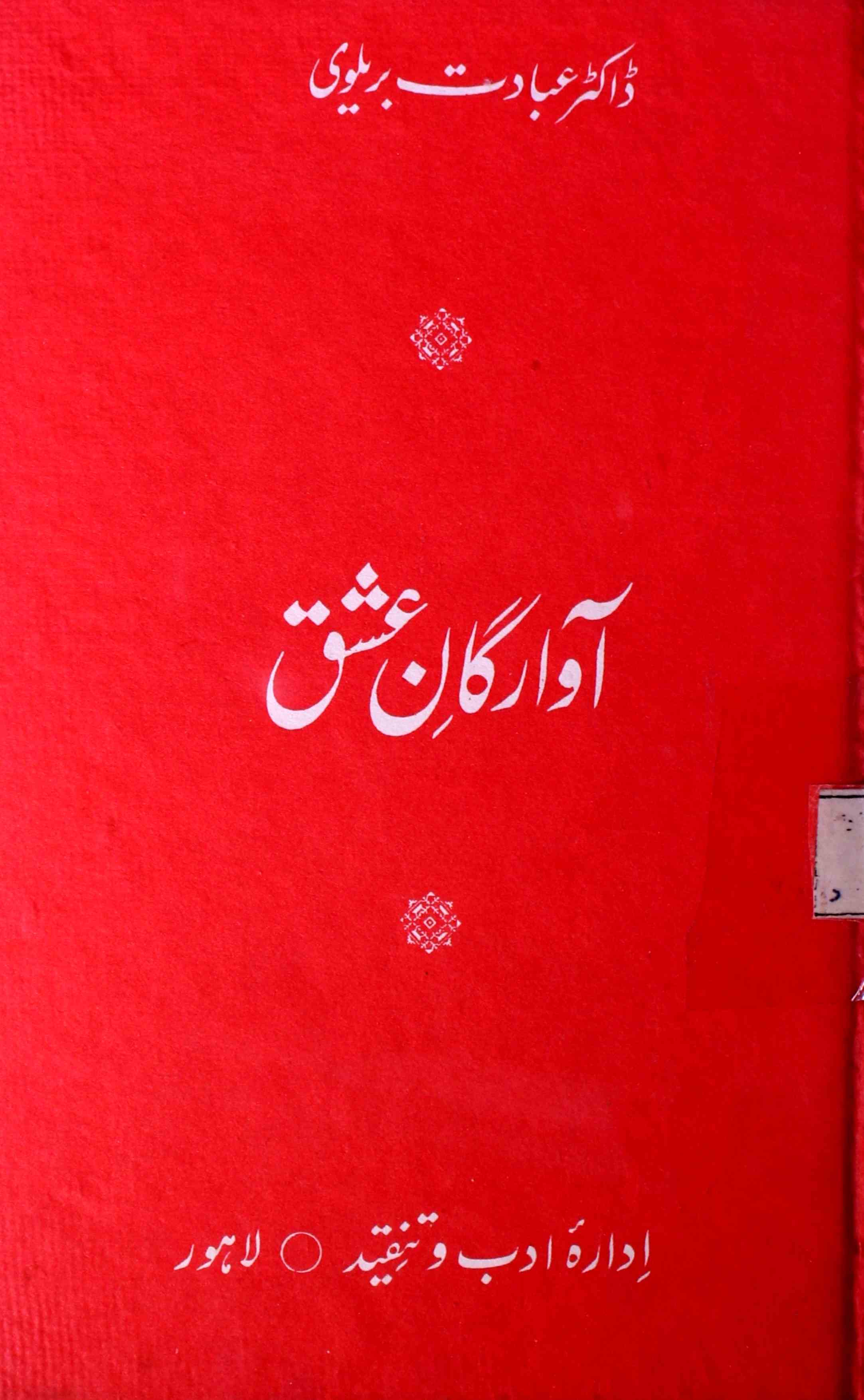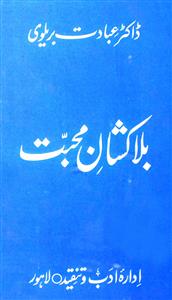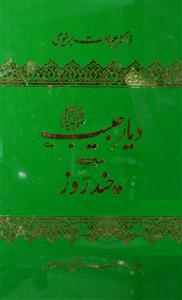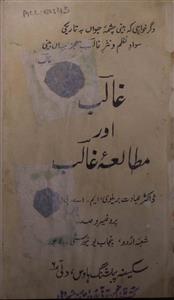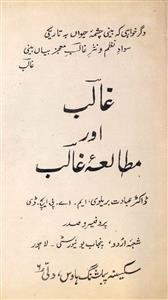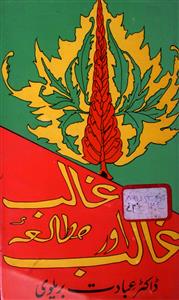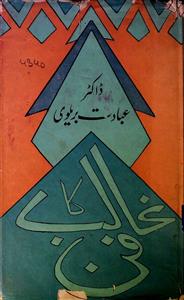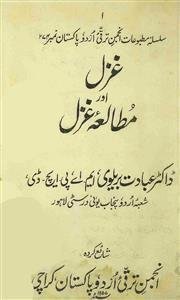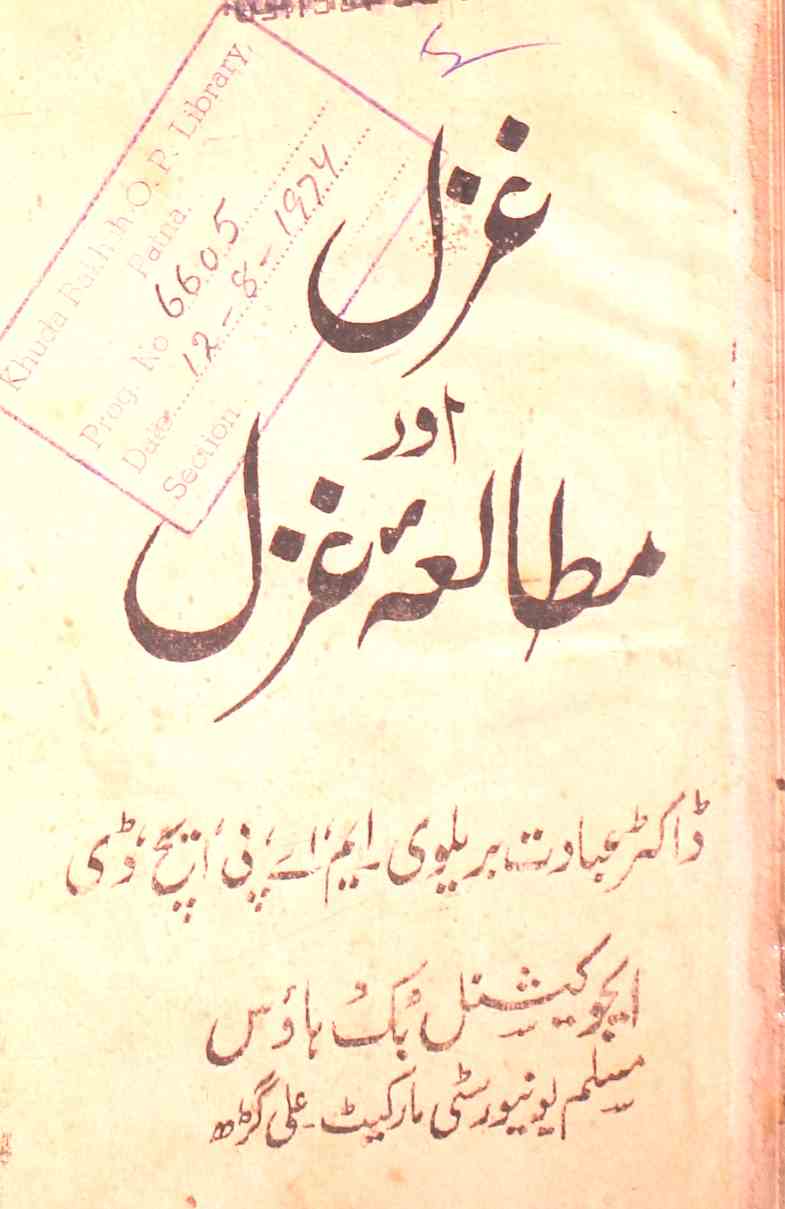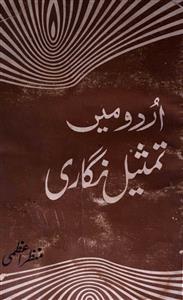 For any query/comment related to this ebook, please contact us at haidar.ali@rekhta.org
For any query/comment related to this ebook, please contact us at haidar.ali@rekhta.org
About The Book
جیسے ہی داغ دہلوی کازمانہ ختم ہوتا ہے اروشاعری میں جدید شاعری کادور شروع ہوجاتا ہے ۔ داغ کے شاگر د ہی نئی شاعری کی بنیاد کومضبوط کر تے ہیں خواہ ان میں اقبال ہوں یا پھر جگر ۔ ان کے بعد کا جدید غزل کا جو منظر نامہ ابھر تا ہے وہ ماضی کی شاعری سے بالکل مختلف ہوتا ہے، جن میں موضوعات متنوع ہوجاتے ہیں اور علامت و استعارات کی زبان استعمال ہونے لگتی ہے ۔انجمن پنجاب سے اس کے اثرا ت شروع ہوجاتے ہیں جہاں روایتی شاعری سے حالی واقبال دور ہوتے چلے جاتے ہیں اسی عہد میں ایک بڑانام اکبر الہ آبادی کا سامنے آتا ہے جن کی شاعری سب سے الگ ہوتی ہے پھر جدید شاعری کے عناصر اربعہ ابھر کر سامنے آتے ہیں الغرض اس طریقے سے جدید شاعری کی آوازبلند ہوتی چلی جاتی ہے ۔ اس کتاب میں شروع میں جدید شاعر ی پر نظریاتی بحث ہے پھر جدت پسند ی اور جدید رجحانا ت پر گفتگو ہے ۔ شروع میں حالی اقبال اور جوش کا ذکر کرتے ہیں پھر ترقی پسند تحریک کے تحت جو عریانیت آئی تھی اور جدیدیت نے جس ابہامیت کو ترجیح دی تھی، اس کاذکر ہے ۔ تقسیم ہند کے وقت غزل نے نئے میلانات حاصل کیے جن میں فیض ، مخدوم، ساحر ، مجروح ، احمد ندیم قاسمی وغیرہ کا ذکر ہوتا ہے ان کی غزلوں پر بھی تفصیلی گفتگو مصنف نے کی ہے ۔
About The Author
Ebadat Barelvi was born on August 14, 1920. After completing his education, he took up teaching. The first Anglo-Arabic college was established in Delhi but after the partition of the country it had migrated to Pakistan. There, he became associated with Oriental College, Punjab University in Lahore and later became the President of the Department of Urdu. He also became the Dean of the Faculty of Arts. He retired from University of Punjab as Principal of Punjab University Oriental College, Lahore and Chair Department of Urdu after attaining the age of superannuation on August 13, 1980. He has also taught at Ankara University, Turkey and the School of African Oriental Studies in London.
Ebadat is a renowned critic and researcher of Urdu. Some of his books have been in the curriculum of various universities in India and Pakistan. This is one of the reasons for his fame. His contribution to Urdu criticism is unparalleled. Some of his works include, “Urdu Tanqiid Ka Irtiqa”, “Tanzqiidi Zawiye”, “Ghazal Aur Mutalla-e-Ghazal”, “Jadiid Urdu Adab”, “Mir Taqi Mir”, and many more. He did not compile any school of criticism. Nor did he enter into the task of composing poetry. He is concerned with descriptive analysis. In such an analysis, from the initial stages of a genre to the evolutionary stages are all discussed.
He does not maintain their relationship with the layered complexity of literary issues, but deals with them on a spiritual level in such a way that the literary contexts that are usually on the surface become clear. He does not make their critical approach cumbersome but adopt the popular method of analysis. Usually, a critic infuses his knowledge in his analysis in such a way that the reader becomes tangled in the complex psychology of the expression, but Ebadat does not weigh in his writings with such a load of knowledge. He is a master of simplifying everything.
His studies on Mir and Ghalib are considered far-reaching. He has tried to look at and understand these poets in a slightly different way. It seems that he is trying to give a clear direction to his criticism and also that he is trying to look at the internal affairs of his subjects. But these writings were works of his final days. Dr. Ebadat Barelvi died on December 19, 1998 at the age of 78.
 For any query/comment related to this ebook, please contact us at haidar.ali@rekhta.org
For any query/comment related to this ebook, please contact us at haidar.ali@rekhta.org
Write a Review
Jashn-e-Rekhta 10th Edition | 5-6-7 December Get Tickets Here
